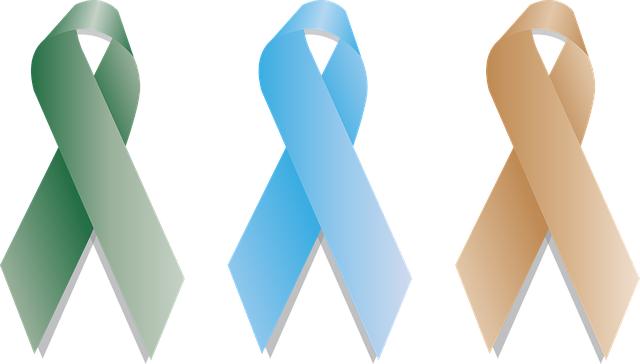
Rhabdomyosarcoma is a type of cancer that develops in the soft tissues of the body, particularly in the muscles. It is most commonly diagnosed in children, but it can also occur in adults. The symptoms of rhabdomyosarcoma can vary depending on the location and size of the tumor. Early detection is crucial for successful treatment, so it is important to be aware of the signs and symptoms of this rare but serious condition.
In this article, we will explore the common symptoms of rhabdomyosarcoma, as well as the potential signs to look out for. By understanding these symptoms, individuals and healthcare professionals can work together to identify and diagnose rhabdomyosarcoma as early as possible.
Unexplained Lumps or Swelling
One of the most common symptoms of rhabdomyosarcoma is the presence of unexplained lumps or swelling in the body. These lumps may be painless and can appear anywhere in the body, but they are most commonly found in the head and neck area, or in the arms, legs, or trunk. If you or your child develops a lump that does not go away or continues to grow, it is important to seek medical attention for further evaluation.
Additionally, any swelling that does not have an obvious cause, such as an injury or infection, should be investigated by a healthcare professional, as it could be a potential sign of rhabdomyosarcoma or another underlying issue.
Eye Symptoms
Rhabdomyosarcoma that develops in the eye area, known as orbital rhabdomyosarcoma, can cause specific symptoms related to the eyes. These symptoms may include bulging or protruding of the eyeball, changes in vision, double vision, or difficulty moving the eye. If you or your child experiences any of these eye-related symptoms, it is important to consult an eye doctor or healthcare professional for a comprehensive eye examination.
Early detection and treatment of orbital rhabdomyosarcoma can help prevent complications and improve the overall outcome for individuals diagnosed with this type of cancer.
Urinary Symptoms
Rhabdomyosarcoma that develops in the bladder or reproductive organs can cause urinary symptoms, such as blood in the urine, pain during urination, or changes in urinary habits. These symptoms may indicate a tumor in the pelvic area, and it is important to seek medical attention to rule out rhabdomyosarcoma or other potential causes of these urinary symptoms.
Due to the sensitive nature of urinary symptoms, individuals experiencing these issues should consult a healthcare professional for a thorough evaluation and appropriate testing, if necessary.
Respiratory Symptoms
Rhabdomyosarcoma that develops in the chest or respiratory system can cause symptoms related to breathing and lung function. These symptoms may include coughing, chest pain, difficulty breathing, or wheezing. If you or your child experiences any of these respiratory symptoms, it is important to seek medical attention for a comprehensive evaluation and potentially imaging tests, such as chest X-rays or CT scans, to further investigate the cause of these symptoms.
Early detection and treatment of rhabdomyosarcoma in the chest can help prevent complications and improve the overall prognosis for individuals with this type of cancer.
Bowel or Digestive Symptoms
Rhabdomyosarcoma that develops in the abdominal area can cause symptoms related to bowel or digestive function. These symptoms may include abdominal pain, constipation, nausea, or vomiting. If you or your child experiences persistent or unexplained digestive symptoms, it is important to consult a healthcare professional for a thorough examination and potential imaging tests, such as abdominal ultrasounds or MRIs, to further evaluate the cause of these symptoms.
Early detection and treatment of rhabdomyosarcoma in the abdominal area can help prevent complications and improve the overall outcome for individuals with this type of cancer.
Weight Loss and Fatigue
In some cases, rhabdomyosarcoma can cause non-specific symptoms, such as unexplained weight loss or persistent fatigue. These symptoms may be related to the body’s response to the presence of cancer and can occur in addition to other specific symptoms associated with the location of the tumor.
If you or your child experiences unexplained weight loss or fatigue, it is important to discuss these symptoms with a healthcare professional to determine the potential underlying cause and receive appropriate medical evaluation and testing.

















